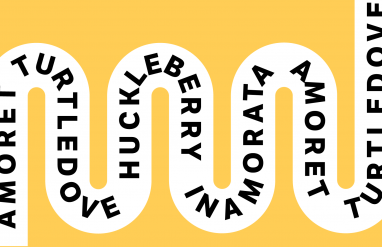Dialogue is an integral part of almost every form of writing. Through dialogue, readers can get information, understand relationships between characters, and know what different people in their stories are thinking and feeling. Said is the most common way to tag dialogue in writing, but it’s not the only option when you’re quoting people in your work.
Said is a type of dialogue tag. These tags can be used before, after, or in the middle of dialogue to let the reader know that someone is speaking or being quoted. In journalism, the standard is to always use said when tagging dialogue; however, creative writers may need more variety to convey what characters are thinking and feeling in parts of their stories.
As with most things in writing, there is some debate about whether or not creative writers should deviate from said. Some writers think using different kinds of dialogue tags can be distracting, while others use these tags as a way to add depth to their writing. In his book On Writing, author Stephen King writes, “The best form of dialogue attribution is said.”
But even Stephen King doesn’t totally avoid creative dialogue tags. “When I do it, it’s usually for the same reason any writer does it: because I am afraid the reader won’t understand me if I don’t,” he writes. If you, like King, occasionally find yourself searching for a better word for said that helps your readers get even deeper into your work, here are some other good options.























